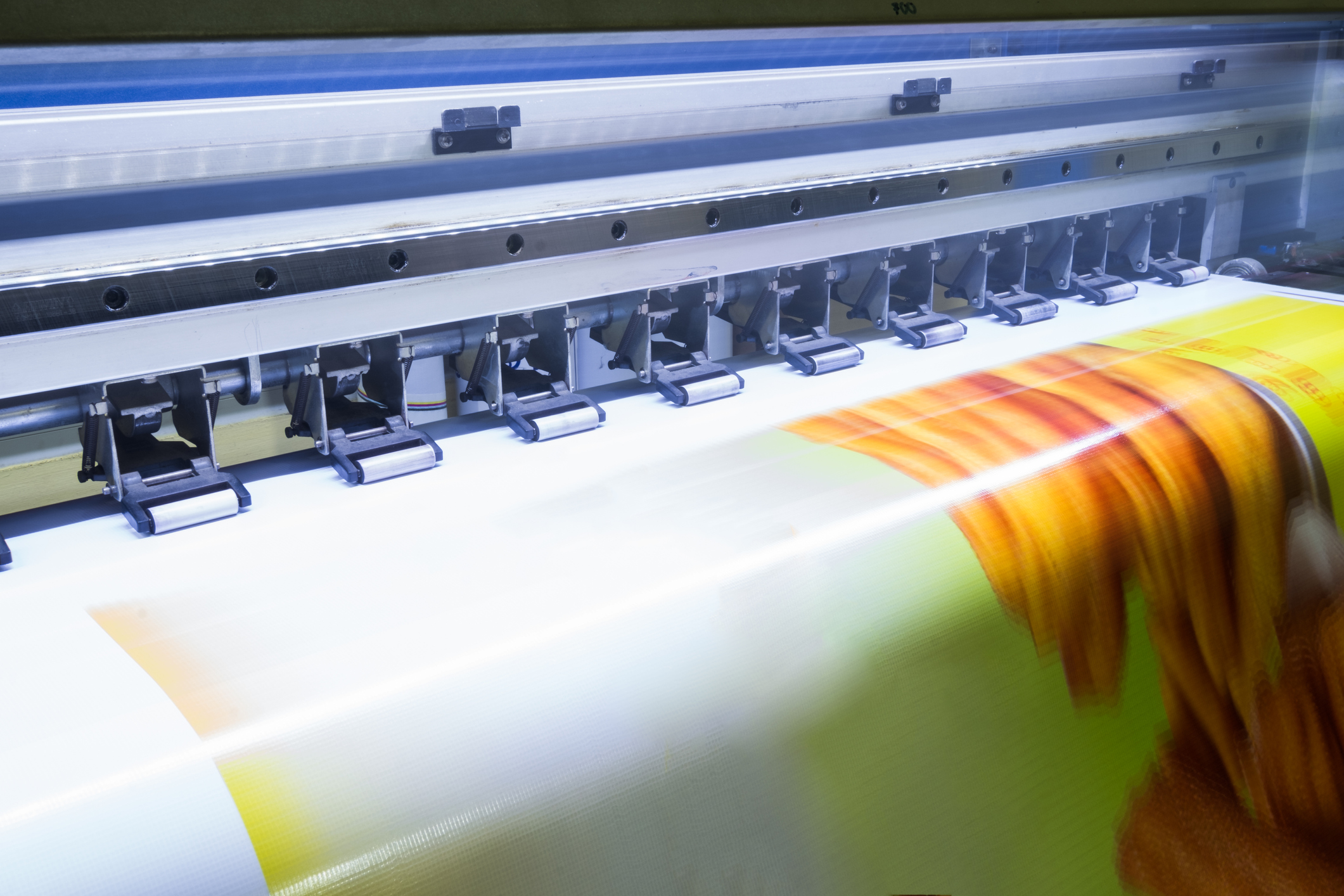No matter what type of business you operate, the need for fresh equipment or equipment upgrades is inevitable. There will come a time when you need cars, buses, computers, ovens or some other type of mechanical items to help you serve your clients. The way you handle your need for the items will determine the profit that such equipment delivers you. You could take one of two paths to get the products that you desire for your company. You can either purchase the equipment or lease it. The processes are vastly different, and you must consider the differences before you make a decision.
Leasing vs. Purchasing
The main difference between leasing and purchasing is ownership. When you lease something, you rent it for a certain amount of time and you make monthly payments. At the end of that time, you can decide to buy it, but the buyout usually requires a lump sum payment. You can decide not to buy it at the end of the lease term and return the equipment to its rightful owner. You may prefer this option with items like computers or company cars.
When you buy or purchase equipment, it’s yours. A finance company may provide you with a third-party business equipment loan for the items, or the seller may finance you directly. Many benefits come with buying it, but buying also has a few cons. One is that the seller may require you to submit a hefty down payment. You may prefer this option if you have the resources to come up with the down payment, and you want to keep the equipment long-term.
One of the greatest benefits of leasing equipment is that you may be able to forgo paying a down payment. Another benefit is that you’re not bound by it. If your business needs a change, or the equipment becomes outdated, you don’t have to keep it. Furthermore, your lease payments are tax deductible. The downside to leasing is that the overall deal will cost you more if you end up wanting to buy the items. Additionally, you don’t own the equipment, so you don’t get to build any equity.
Buying is positive because you own the equipment and thus have the option to sell it or use it as collateral if the need arises. You can keep that in mind if any hard times arise for your business. You can get certain tax deductions if you own it, as well. The good news is that the equipment does not have to be brand new and you can buy used items instead. As long as you put them to use in your business between the first of the year and the very last day of the tax year, you’ll be within the requirements.
While buying and leasing equipment both have their pros and cons, it comes down to assessing which is right for your business. There are a lot of other factors to consider that involve time, finances, customer demand and more. As your business fluctuates through the business cycle, your need for equipment can vary, as well as the need to buy or lease.

